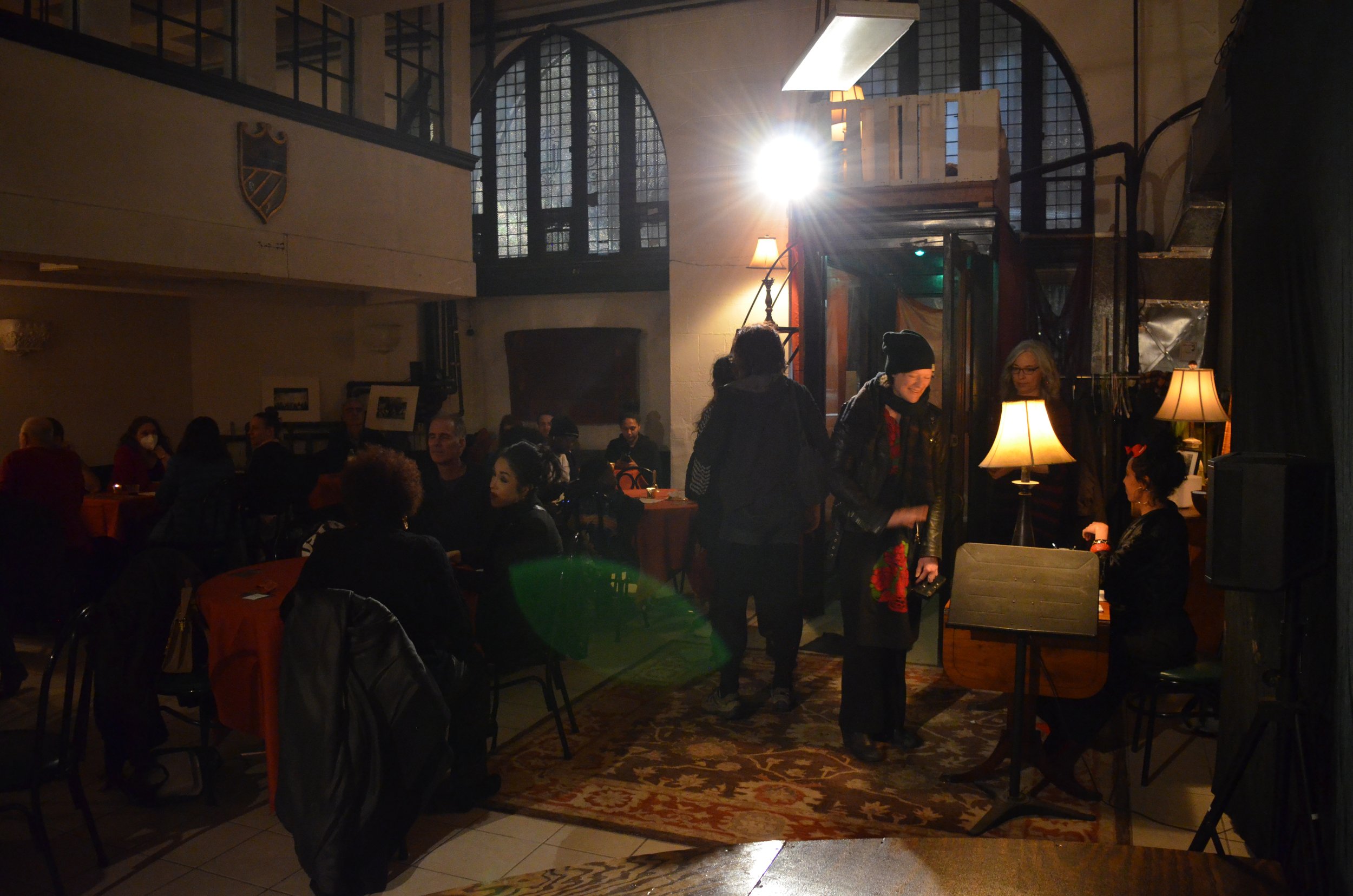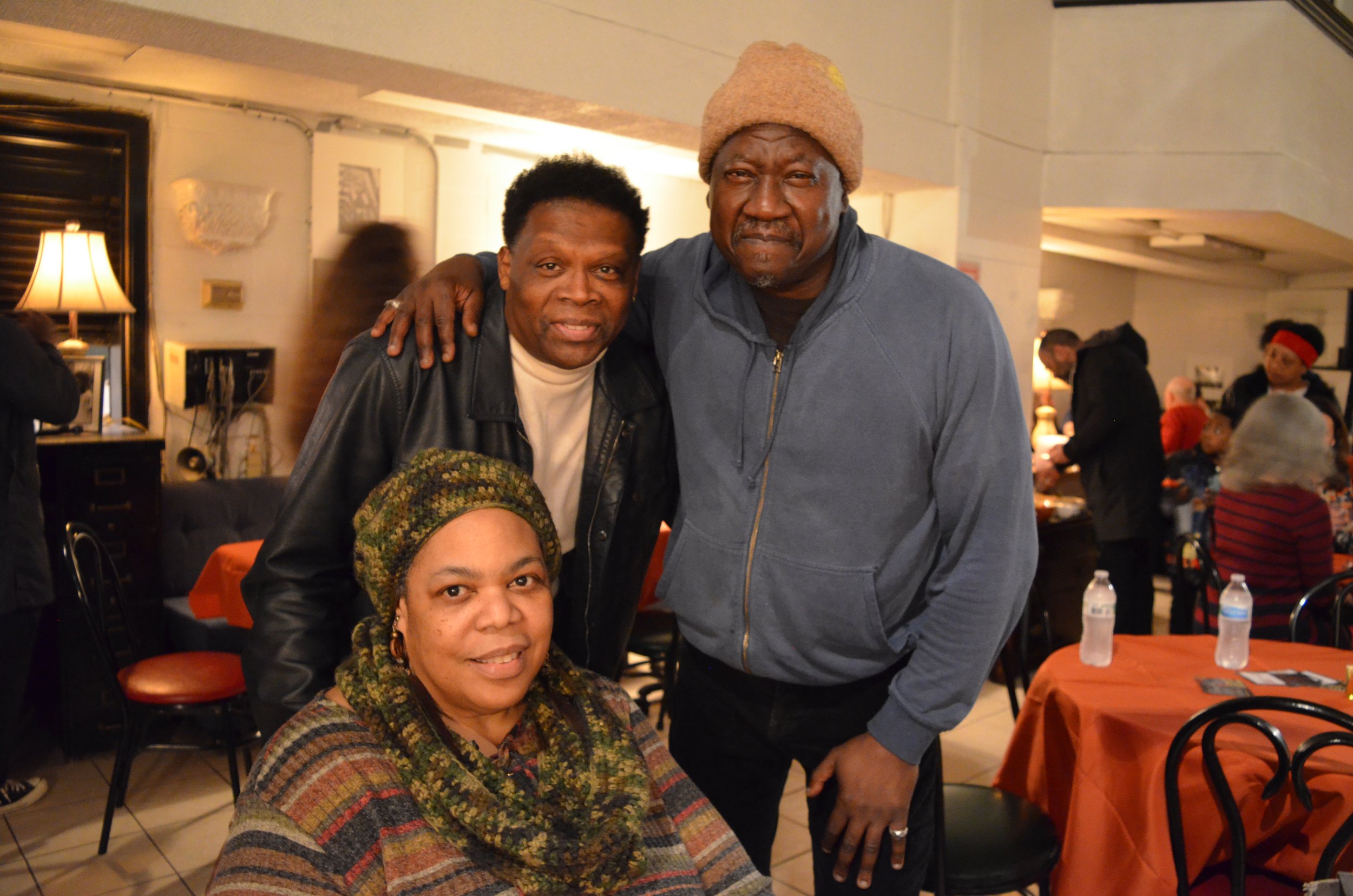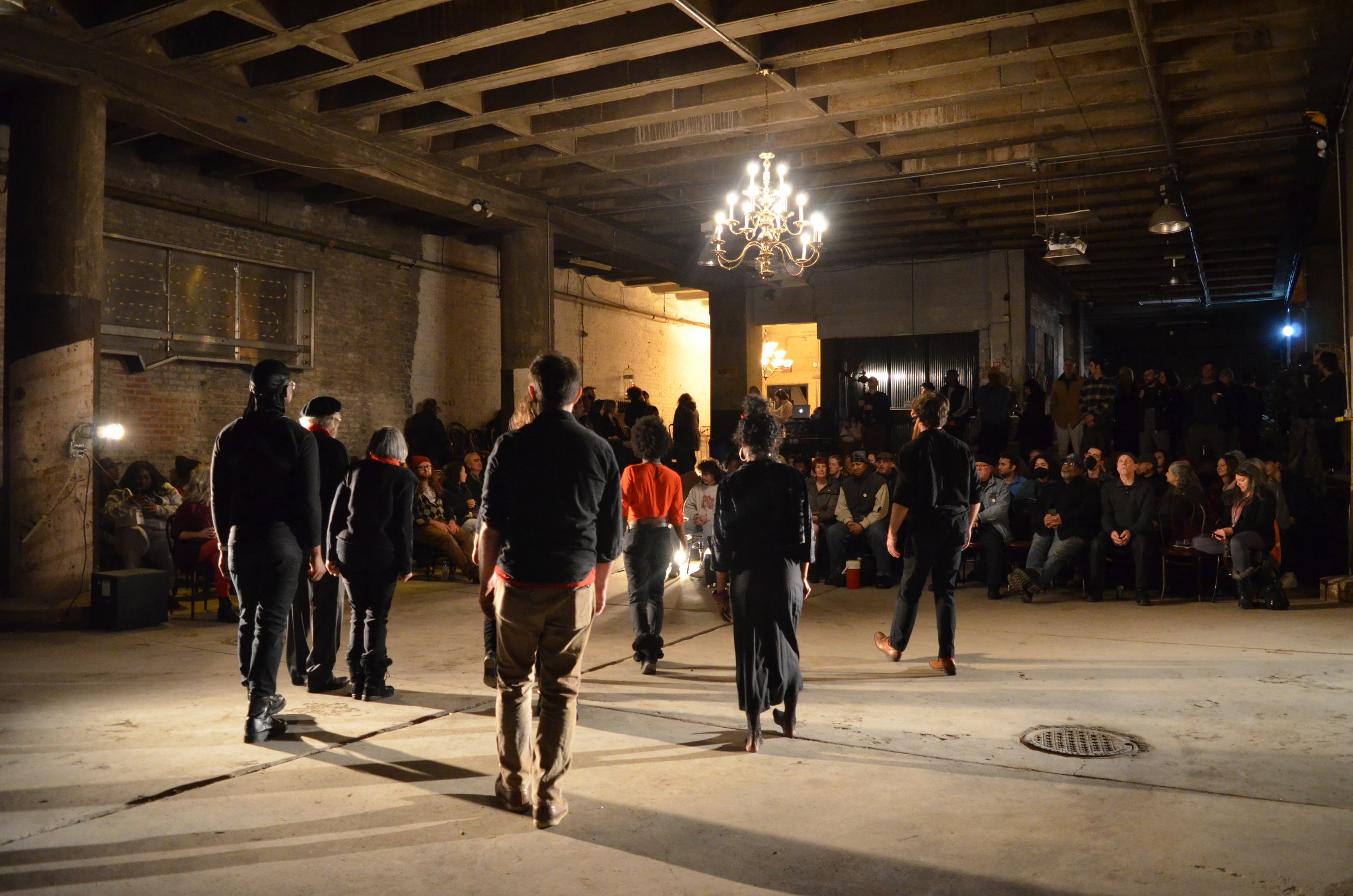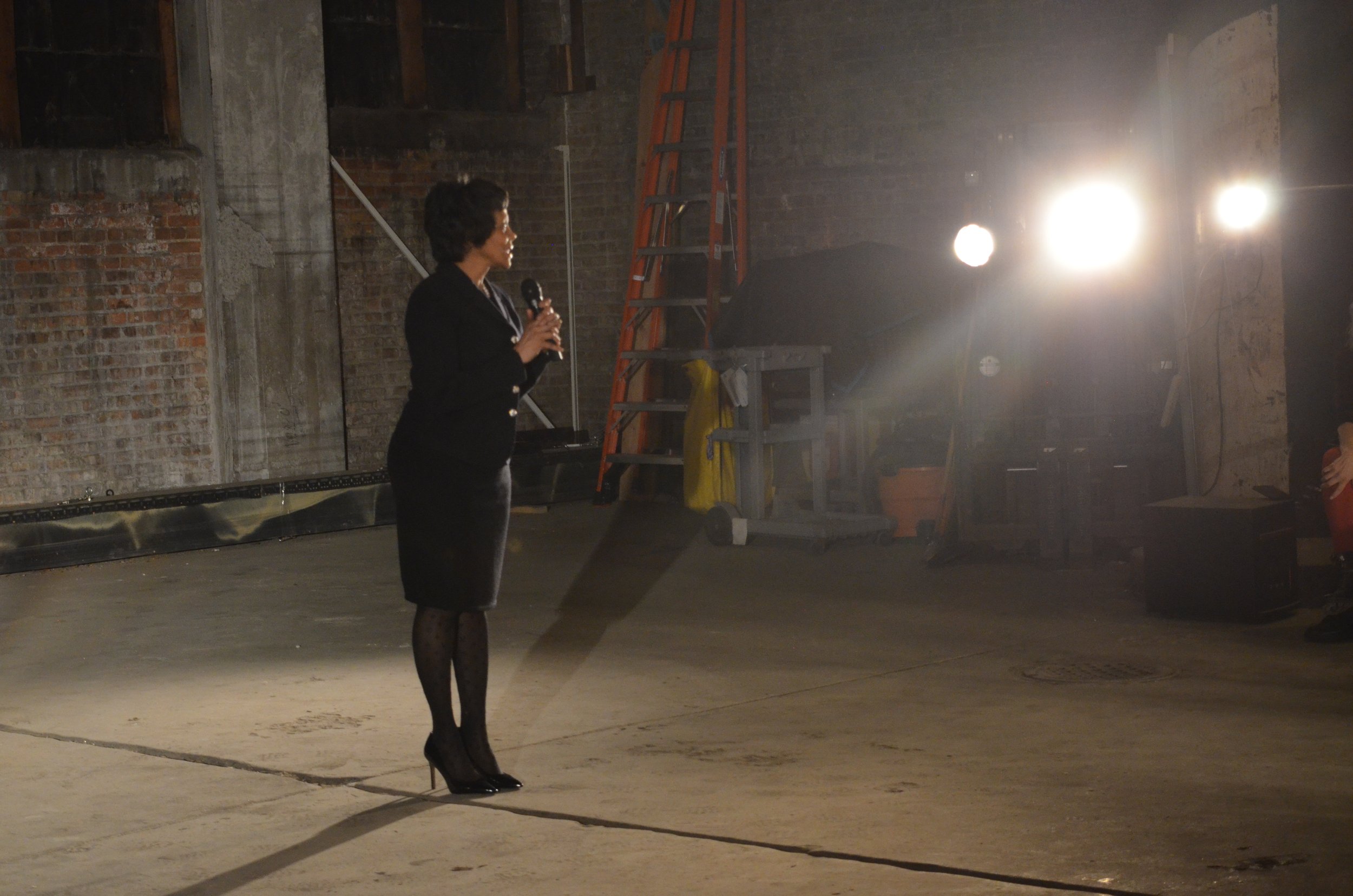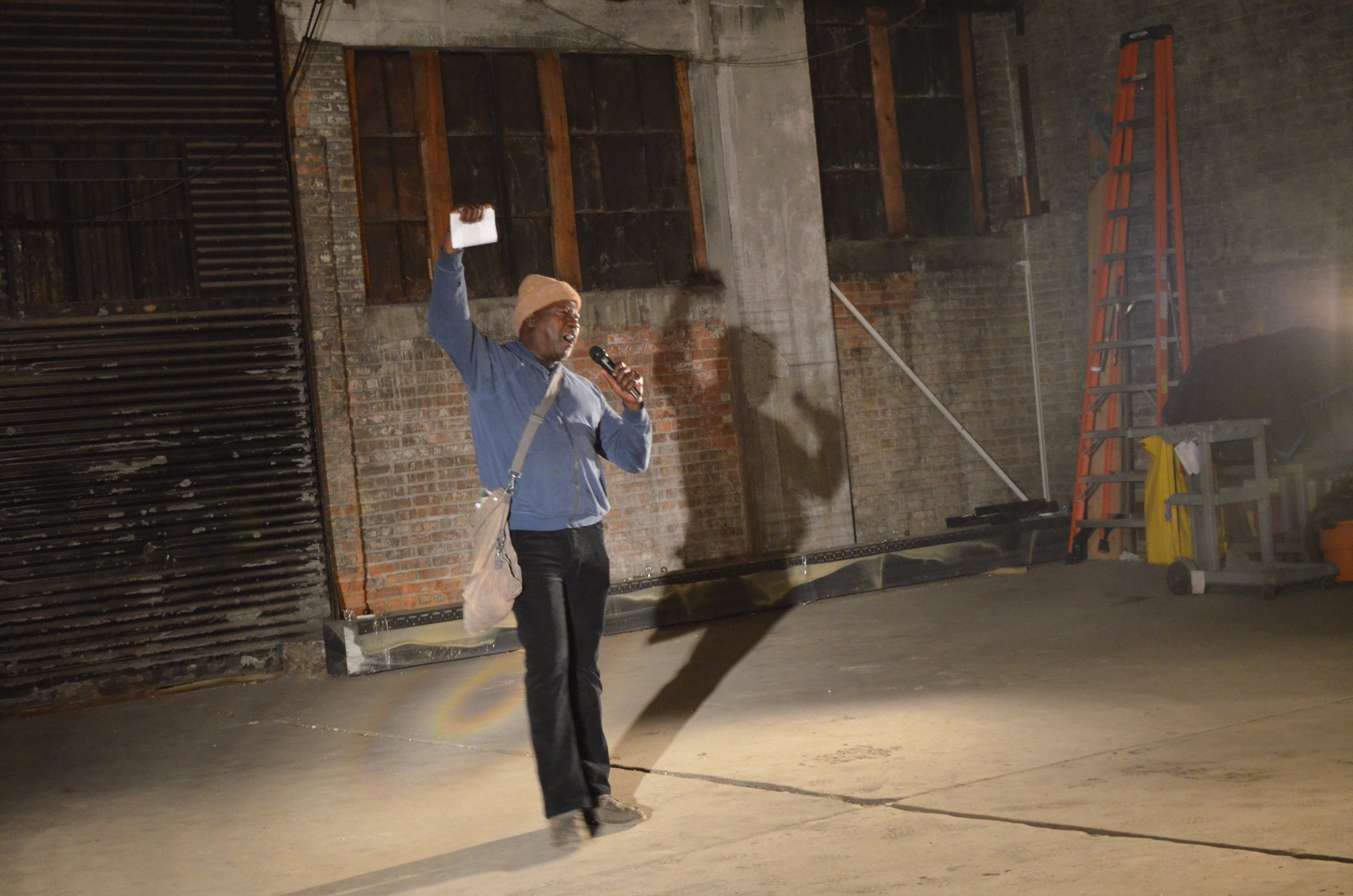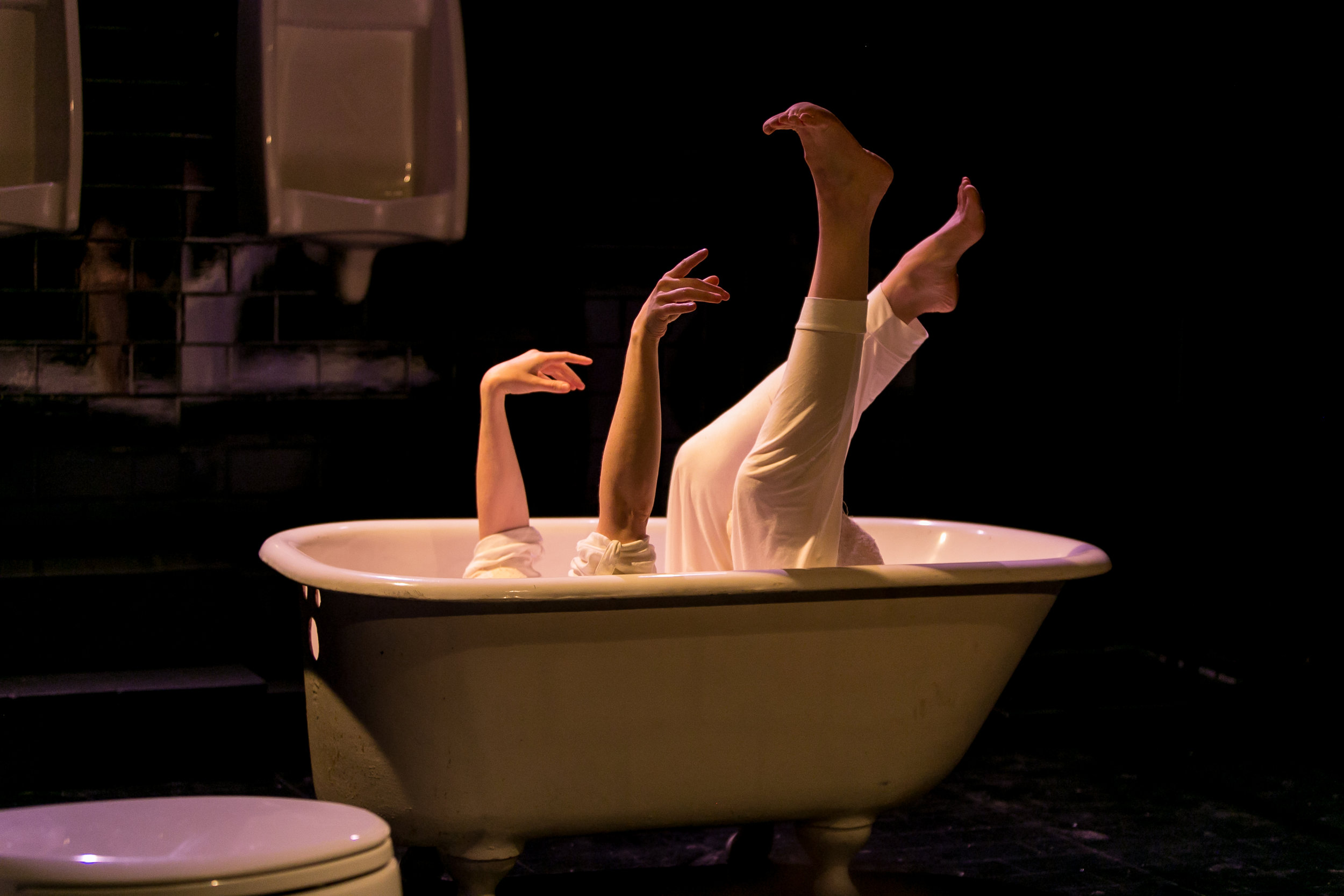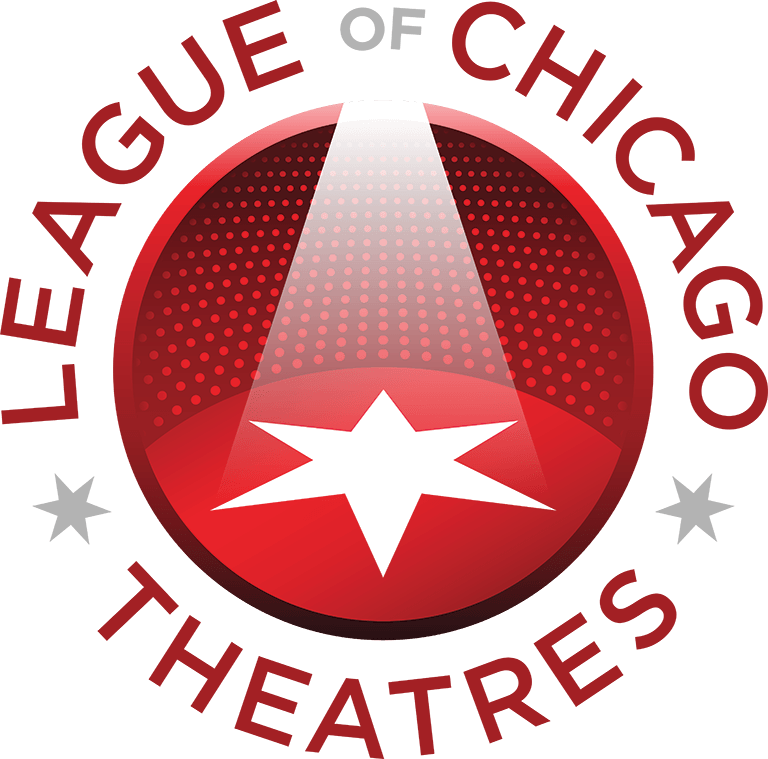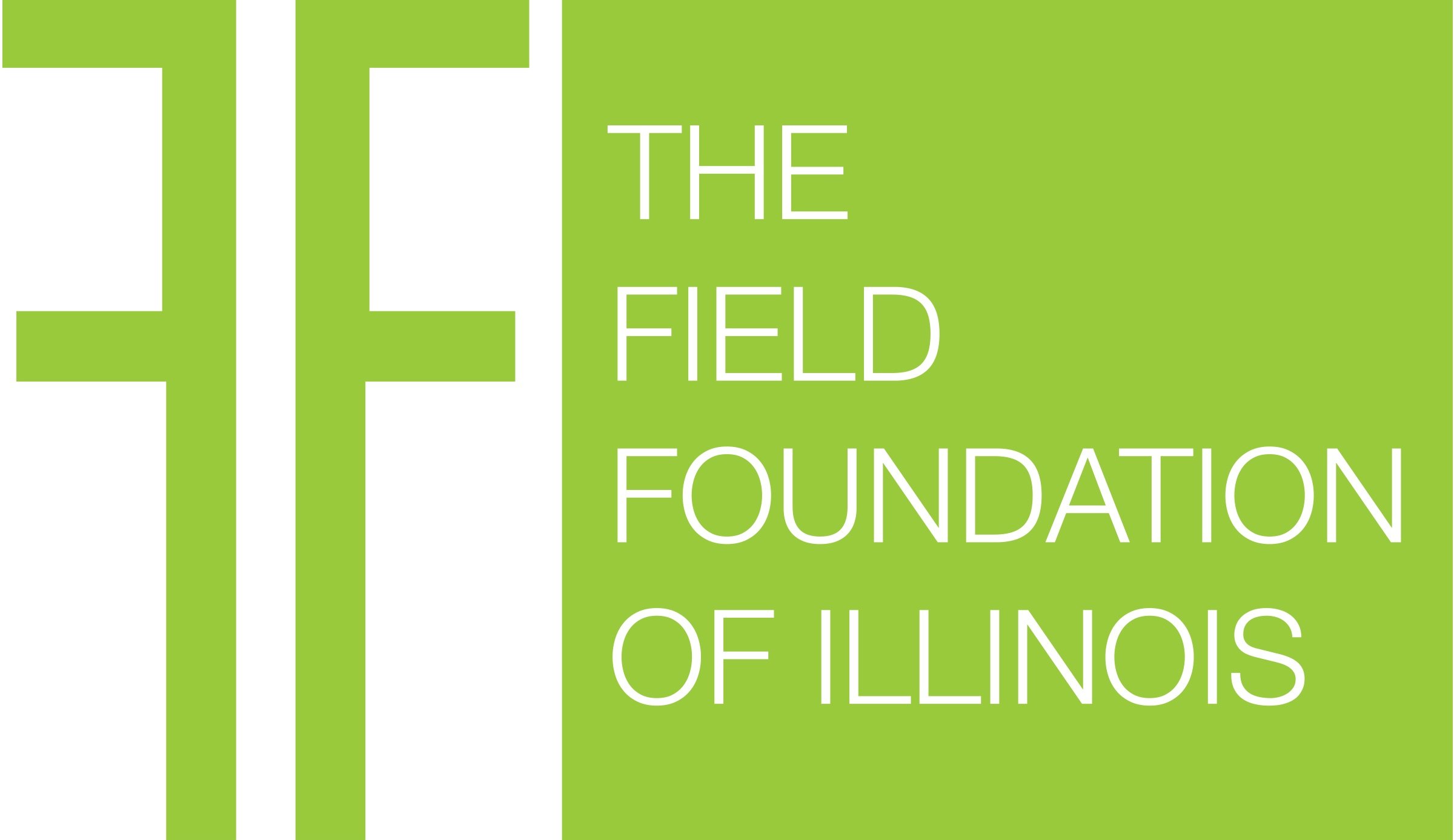When I was in college I hated John Cage. It was contextual. I hated him in comparison. We had just learned about the Nicholas Brothers, two dancing brothers who revolutionized tap. They exploded on stage; flung their bodies against the ground repeatedly in flying split after flying split, down stairs, off tables. They both needed double hip replacements at a relatively young age. The brothers were black and this was at a time when black entertainers performed for all white audiences and had to use the colored only entrances. I saw the Nicholas Brothers as part of an arc in history, coming out of the practice of "dancing for eels," when former slaves would dance for their lunches for wealthy whites in Katherine Square, NYC. This all seemed to me a part of a desperation to be seen, a desperation for their bodies to be valid in a racist, slave society. This era is, unfortunately, not over. And the Nicholas Brothers seemed to approach this desperation with an especially intense fervor.
Then we watched John Cage sit at a piano in a park and play nothing, just sit while a completely rapt audience watched and waited and watched and then praised the commentary he was making, admired the stunt. And while I can now appreciate his place in the pantheon of music and performance and see this moment more thoroughly, at the time I just saw someone with the privilege to do nothing while black bodies were hurling themselves into existence; breaking their bodies against a system, dropping to the ground broken and exhausted, and then being shoveled into mass graves, barely noticed, and missed only for their entertainment value. And so I hated John Cage.
Yerma.
["I broke my neck dancing to the edge of the world." Aldous Harding]
Yerma.
My body. Hers. It's become impossible to tell the difference. Before every show I stand backstage in a little circle holding hands with an elderly Yerma (wearing a head scarf and shuffling) and a little girl Yerma (dirty knees and chewed fingernails). I just am the Yerma in between the two. They convince me of this even when I fight it. How could my body not become hers? How could I not give mine up into her?
Her voice in me like this has taken a hammer and a chisel to every part of my life, even the parts I thought were solid, or secure, or known.
She has sent fissures through my form and through my formed identity and through the life I've formed. Every compartment has split in at least two parts and I, Katie, have fallen into the space(s) between. I often experience Yerma as a body filled with the night sky. The dark parts are even darker and the parts of light are dripping and pulsing, threatening to explode the darkness with their desire to shine. And sometimes, instead of embodying this picture, I'm just swinging in it - a semi-formed body, a fully formed one, a disappearing and reappearing body, maybe some bones, some eyes, some womb, hers, mine, none, all.
But always in this space throbs an intense and pure emotion, named, maybe, Desire. Or longing. Or love. And a desperate need to express it. Beyond a need. Something involuntary. Something uncontrollable. And so the actress playing Yerma throws her body against the ground, against the air, her chair, her castmates, the audience, the words themselves.
Before every show I pray I won't die. I've thought I'll have a heart attack. I've thought I'll throw myself so hard I'll break forever. I beg Yerma to say only as much at I can handle. And every night she thinks I can handle more. And Lorca's there, telling me he died for this. Telling me he knows where the line is and I can go further. And so I try.
Every oppressed group has a double consciousness. A term first coined by W.E.B. DuBois to explain the experience of being black in America.
It works something like this:
There's my consciousness and all that it's made up of (this would include all of the aspects of consciousness that any psychologist or philosopher has ever referred to), but then, for minority peoples, there's a split. In my case, in a woman's case, another consciousness that is wholly male. It polices the other side. It knows how much I can get away with. It knows when to shut up, when to wear pants, when to take a taxi, when to smile and nod, when to stay home, when to run, when to beg, when to fight, when to face forward, when to run, when to run now. This split is necessary for survival.
I add to this double consciousness a sense of ancestral obligation. In me is every woman before me, showing me the possible consequences for not adhering to this split and listening to the police within. The consequences range anywhere from spinsterhood to riddled with STDs to burning at the stake to just, simply, betraying your kind. Because freedom has a grave cost. This is what the system needs every person involved to believe.
I think the fissures in me caused by Yerma accentuated this split. And when I saw my many selves divide and reveal a universe of desire behind, I thought, "Why do I want what I want?" "How do I know it's me who wants it?" "What do I want?"
"I went out to look for flowers and I ran into a wall. And over and over again I keep banging my head against it. And I can't stop!" Yerma screams this at a wall of men who will never understand and who will never ask what she means, because they don't need to know.
Lorca wrote in another time. Rural Spain. Arranged marriages. Orthodox Catholicism. Fascism. It's terrifying, terrifying, to watch the gap between Yerma and myself shrink. Especially when I acknowledge that even given the cultural inflation of time, and that I have far more freedom, she is so much stronger than I am. I have nothing to teach her. Nothing to add. I can only beg Katie to stay silent enough for long enough, to not save her own body, to know nothing and assert nothing and listen intently. Since I'm certain, because I know this feeling deeply, all she wants is for someone to listen.


